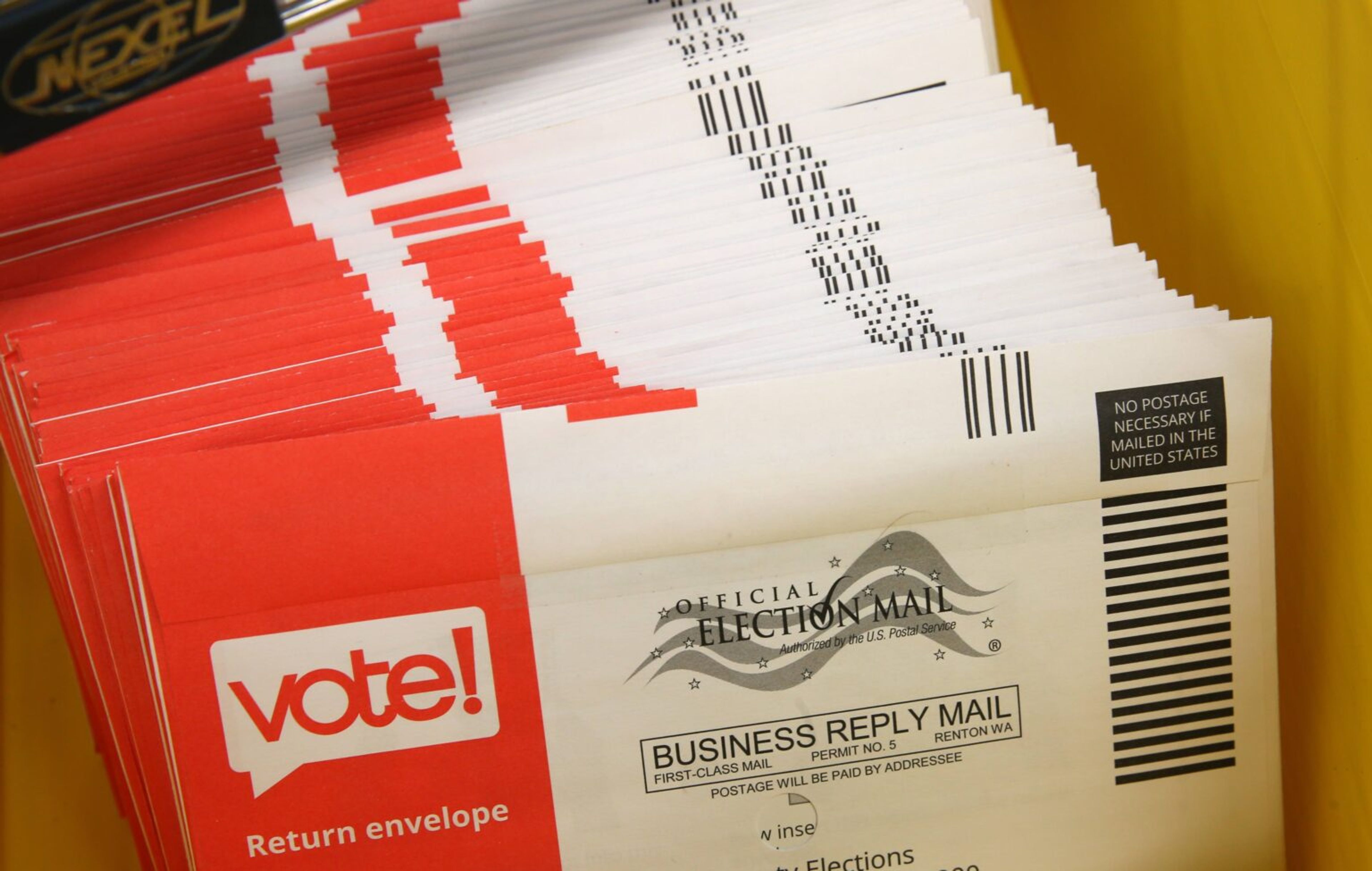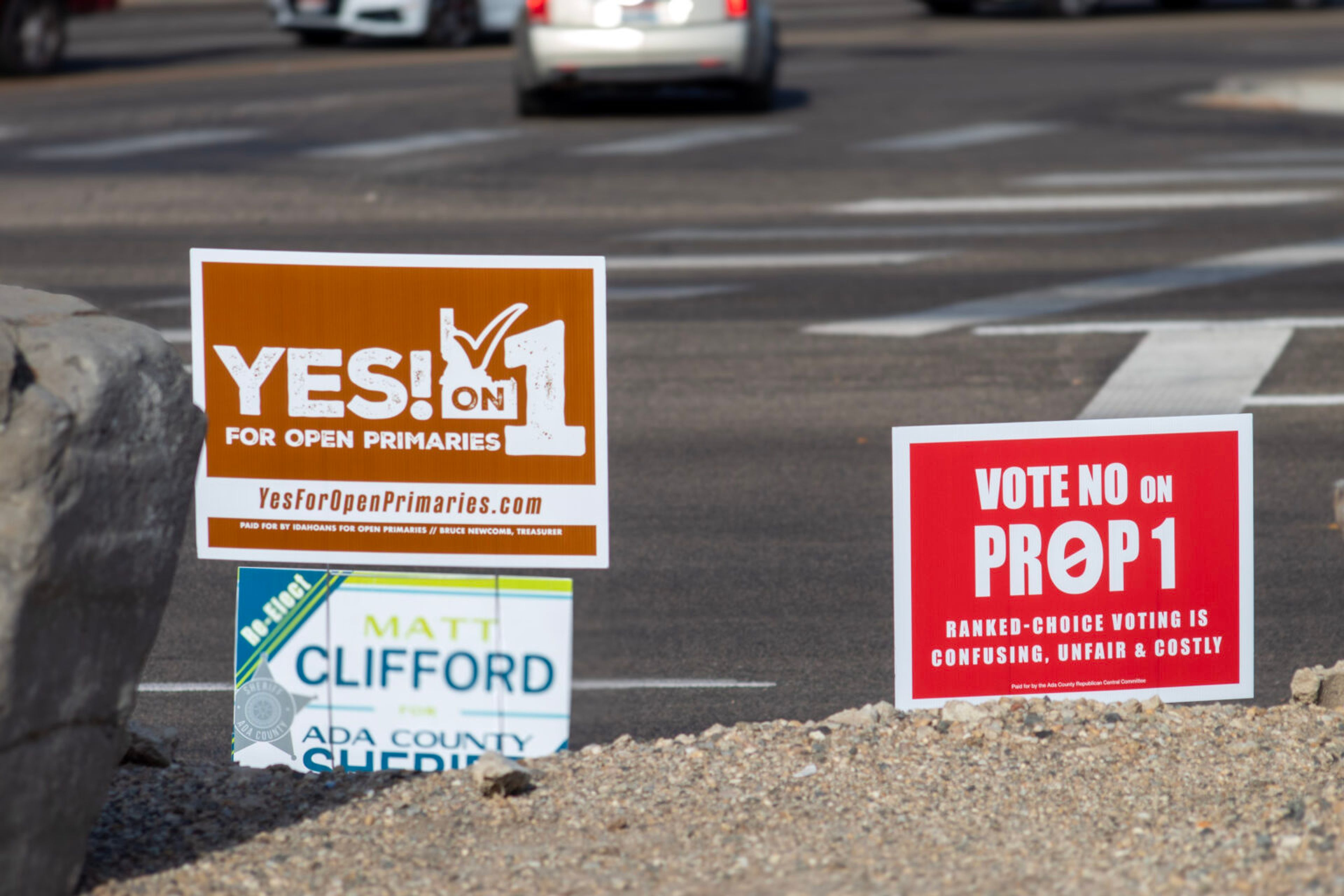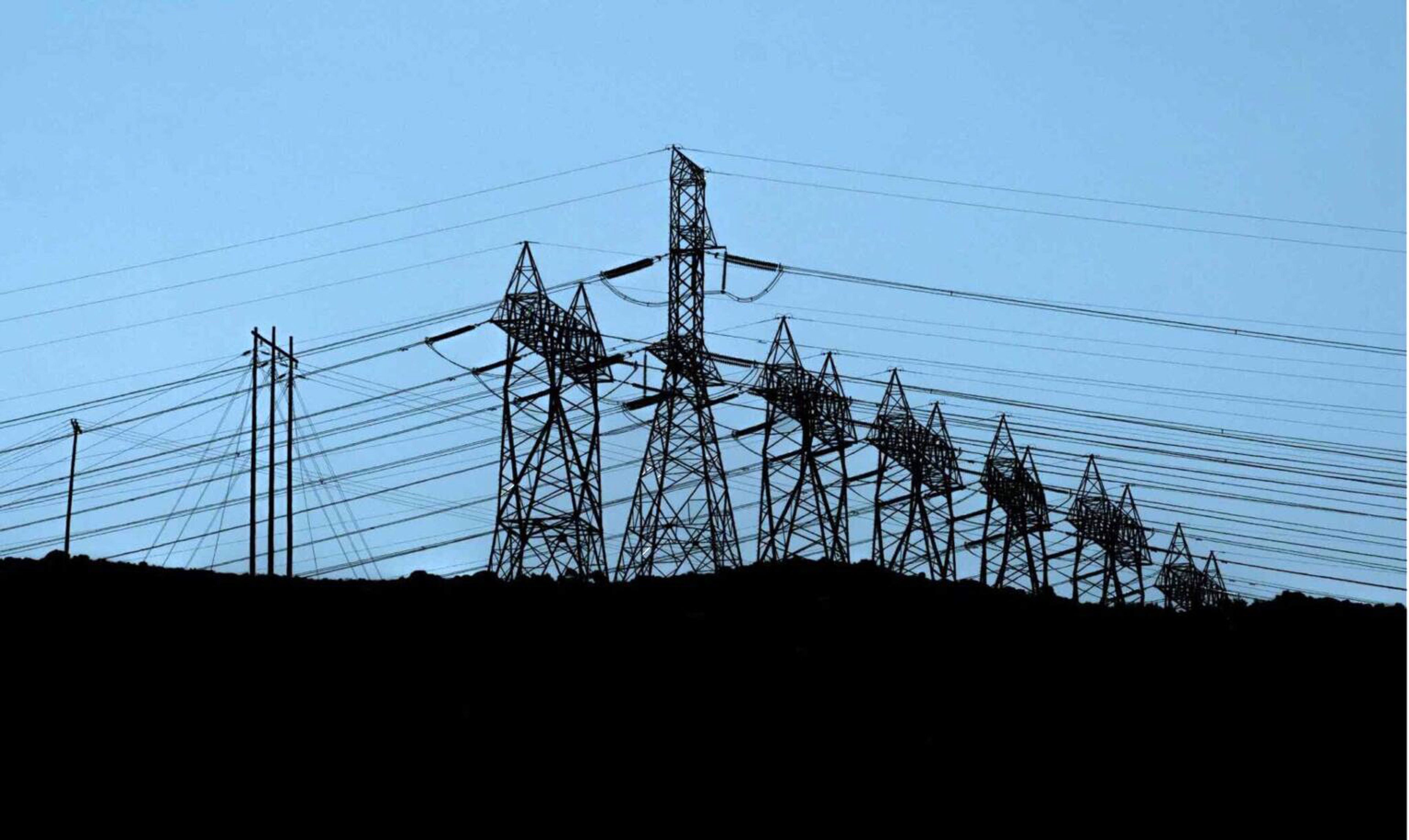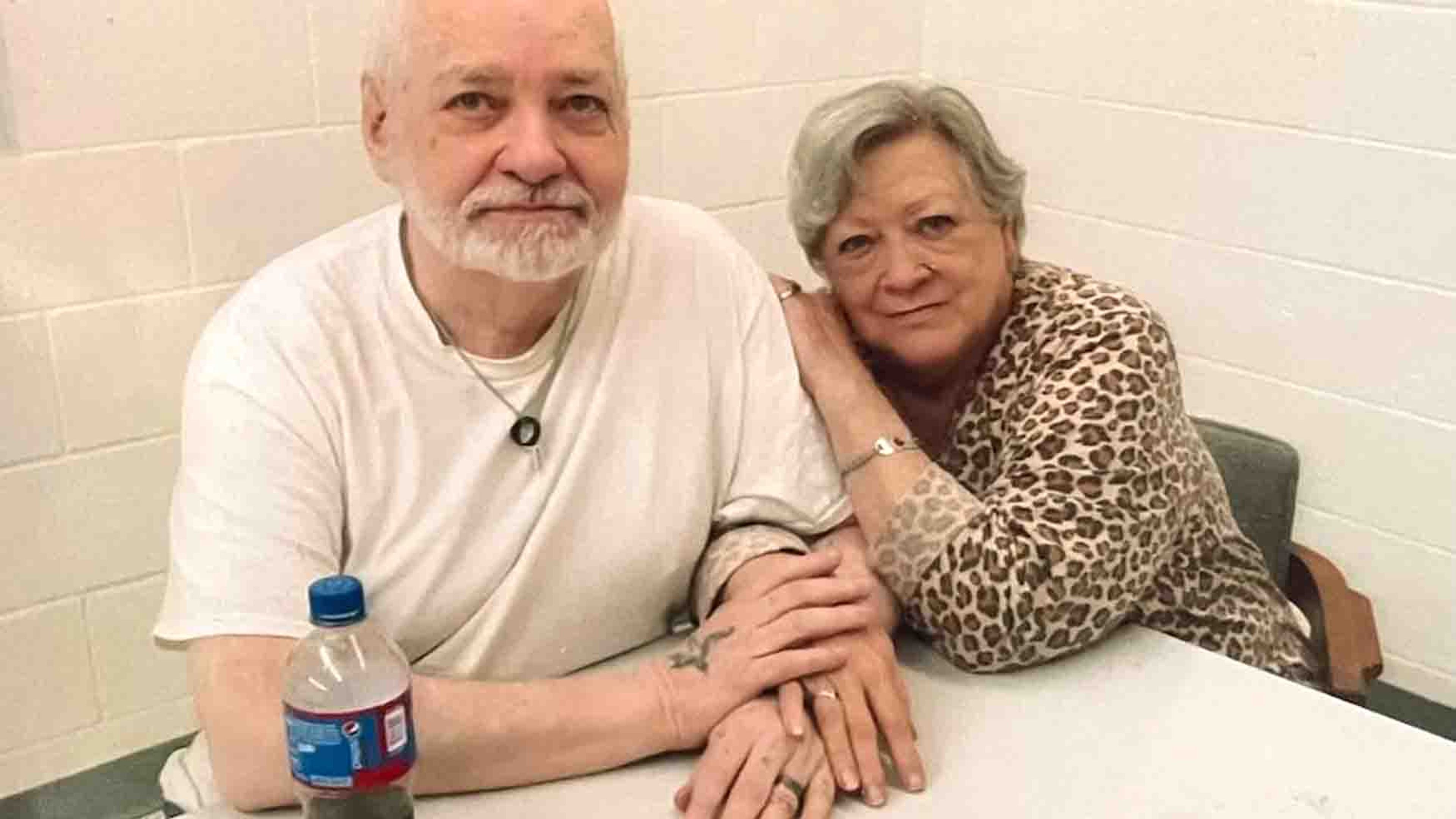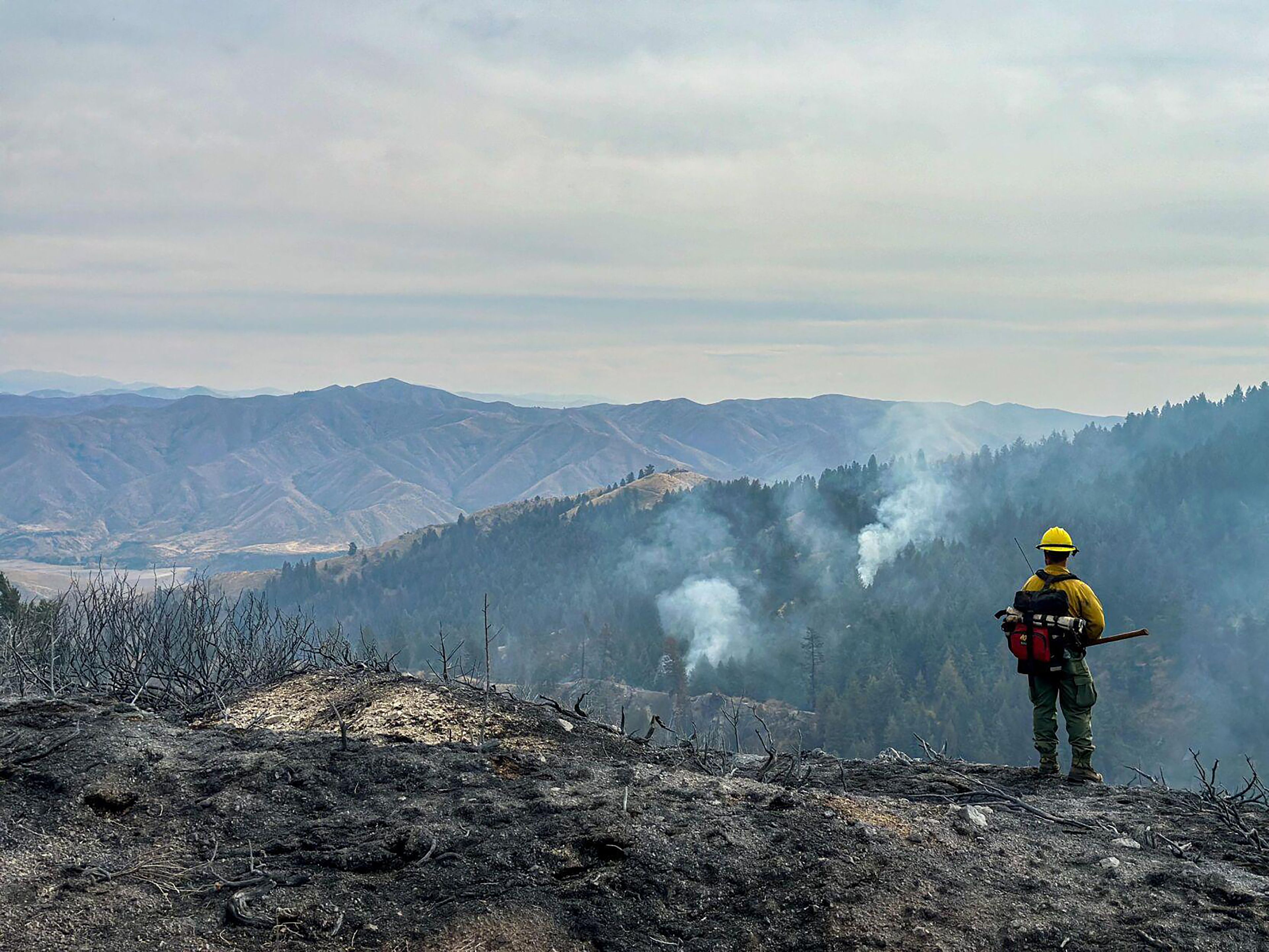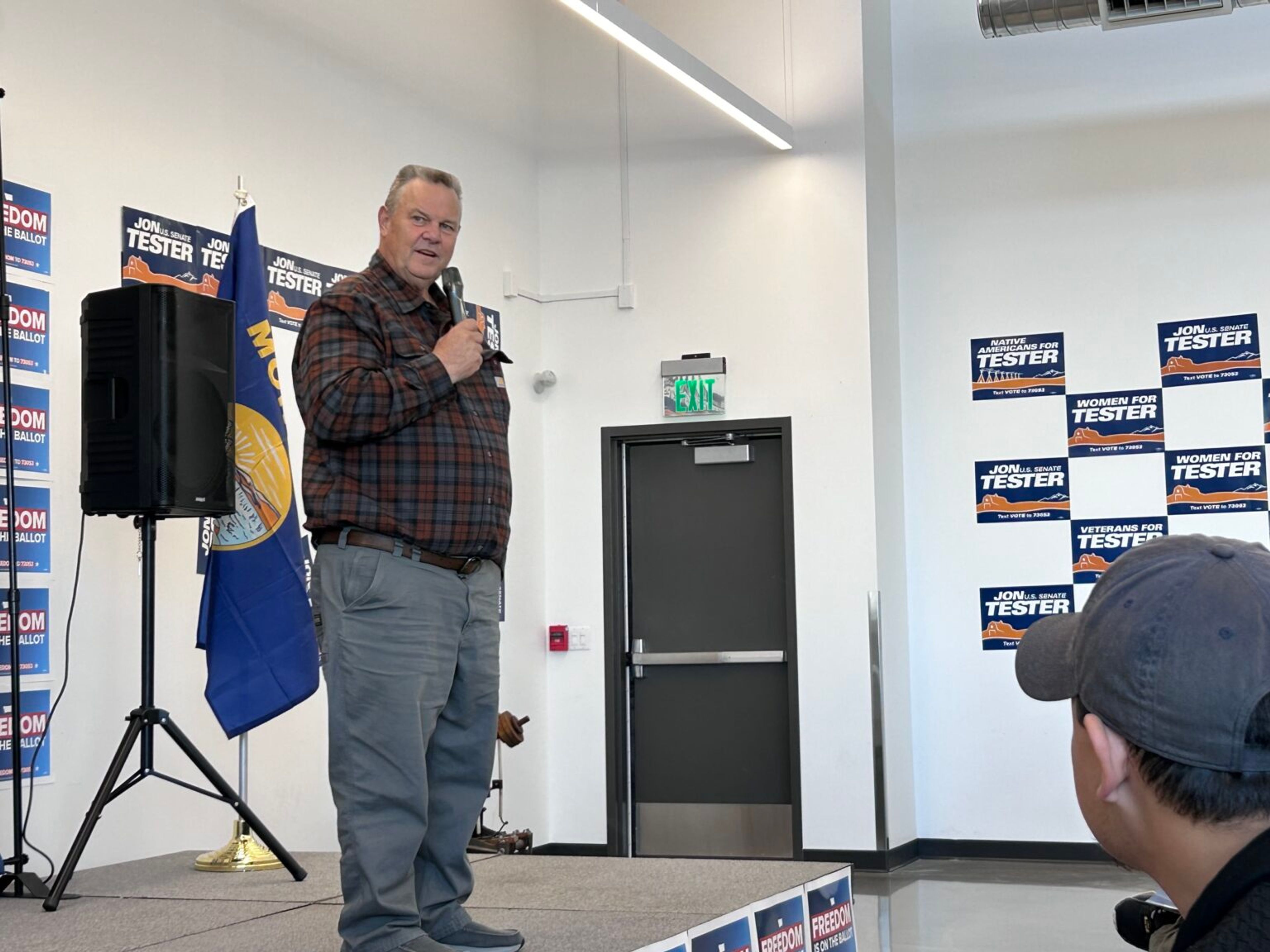Fiona Hill: U.S. influence took a hit
In UI’s Borah Symposium, expert in international relations says country’s credibility wavered under Trump
MOSCOW — During the University of Idaho Borah Symposium on Monday night, Fiona Hill questioned if the U.S. was still a reliable partner in international leadership after the Trump administration.
Hill sat down with UI journalism professor Kenton Bird for a fireside chat, discussing the future of international cooperation. She shared her expertise in foreign affairs, shining light on the Trump administration and relating her experiences working firsthand with world leaders.
UI has held the Borah Symposium every year since 1948, introducing audiences to contemporary global problem-solvers in the current day, according to its website. The event offers new solutions to overcome obstacles, striving for world peace.
Hill was brought into the national spotlight in November 2019, when she was called to testify during then-President Trump’s first impeachment trial.
Hill is a senior fellow in the Center of the United States and Europe within the Foreign Policy program at the Brookings Institute. She is also chancellor at Durham University, United Kingdom.
Hill took a leave of absence from Brookings to serve from 2017-19 as deputy assistant to the U.S. president and senior director for European and Russian affairs for the U.S. National Security Council. She also served as a national intelligence officer at the National Intelligence Council from 2006-2009.
Hill said the biggest impact Trump has had on the world is forcing a questioning if the U.S. is reliable in international leadership. She said Trump completely undermined many U.S. allies’ views of the country by pulling out of many accords.
“If the rest of the world thinks every time a new government comes along, if we are going to tear up agreements we just made, then we aren’t looked at as a very reliable partner,” Hill said. “We are now looking (like) the weak link, the unreliable partner.… People are questioning our leadership. People don’t see the U.S. as playing a reliable role in international leadership.”
Though she questioned Trump’s effect in foreign affairs, she said he deserves a lot more credit than he got when it came to his rather unconventional approaches.
Hill said Trump came into office when the U.S. was in somewhat nuclear peril with North Korea. She added he was warned by Barack Obama that Kim Jong Un could blast a weapon in the nation’s direction.
She said that because Trump had a personal relationship with Kim, in which he went from debating him to embracing him, there wasn’t a nuclear episode.
“Maybe, you know, it takes that slightly madman approach to deal with someone like Kim Jong Un,” Hill said. “Part of that with Trump was an act, with Kim Jong Un. But I suppose one could say we didn’t have a nuclear agreement with North Korea.… But for a while, that issue was off the table.”
Hill also reflected on the U.S. relationship with the Middle East during the Joe Biden administration. She said his presidency is shifting to multilateralism, the process of organizing relations between groups of states.
Hill said the U.S. throughout its history wouldn’t have been able to establish credibility without assistance of other countries. She mentioned technology, like vaccines, that have been produced in collaboration with other countries.
“We’ve got lots of examples of collaborative action,” Hill said. “We just have to get over ourselves in the various fights we have to be able to address issues.”
Pearce can be reached at epearce@dnews.com.

